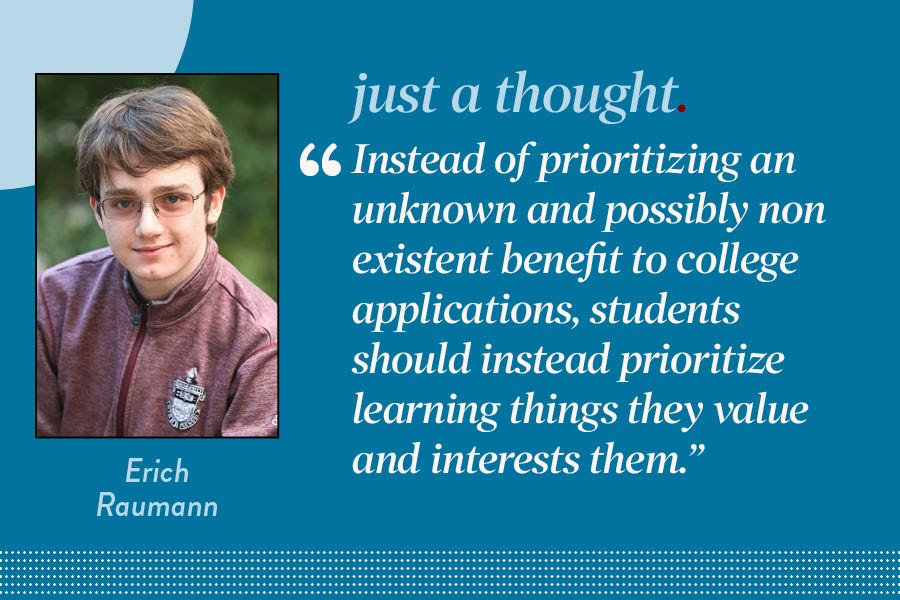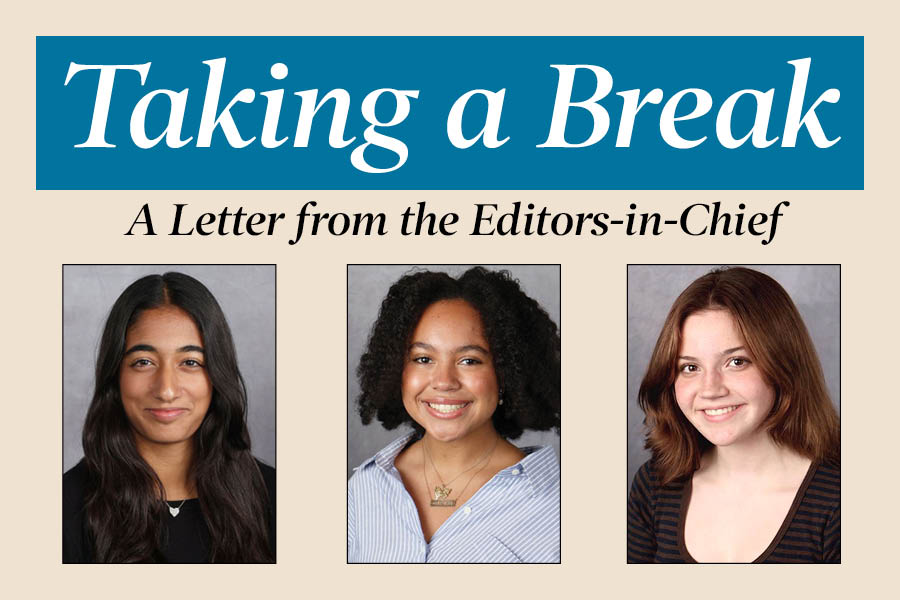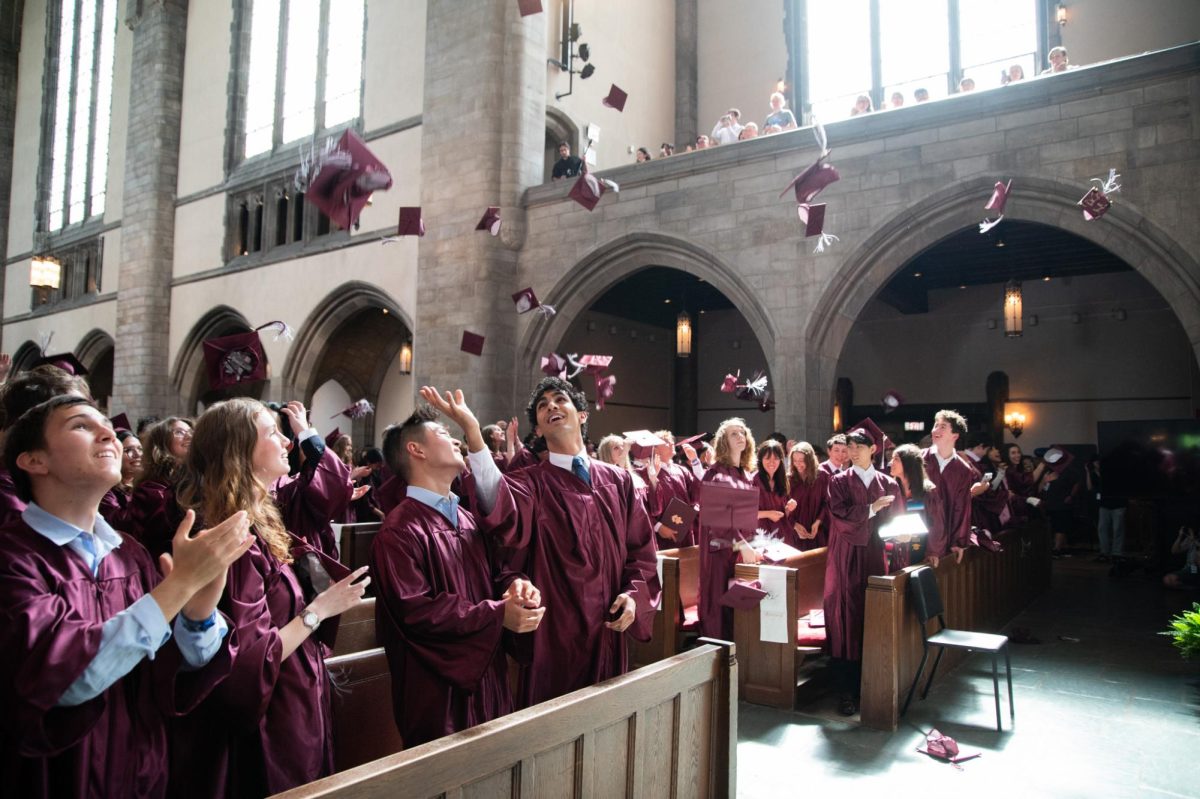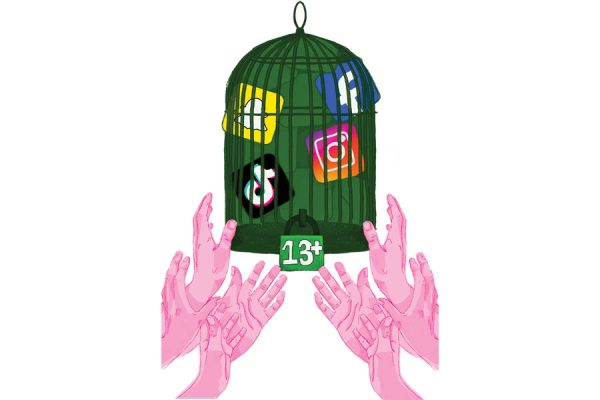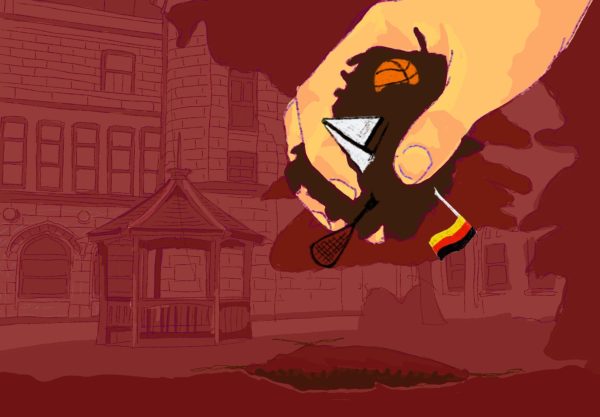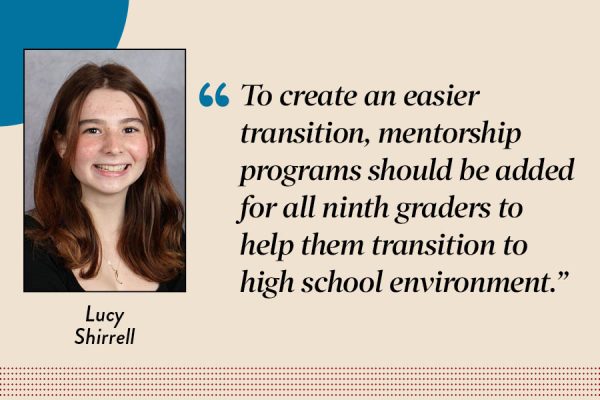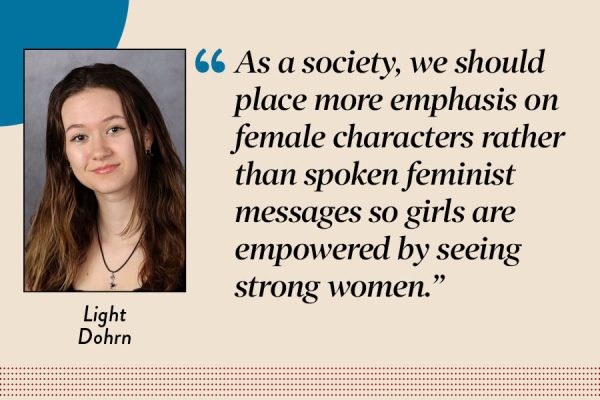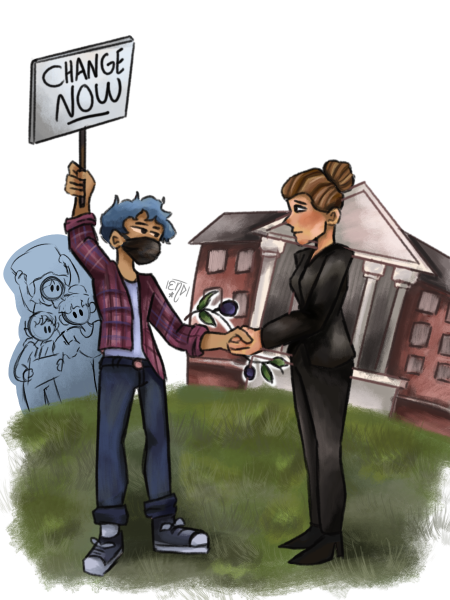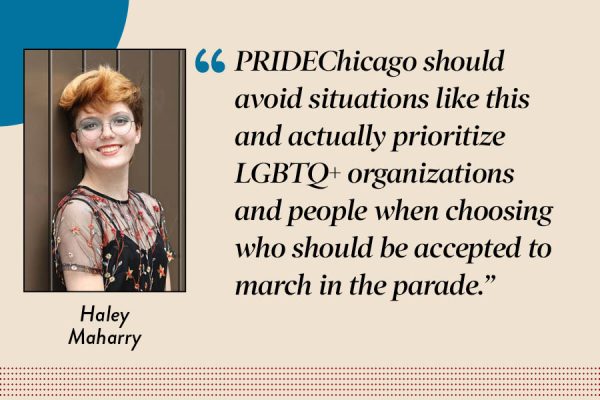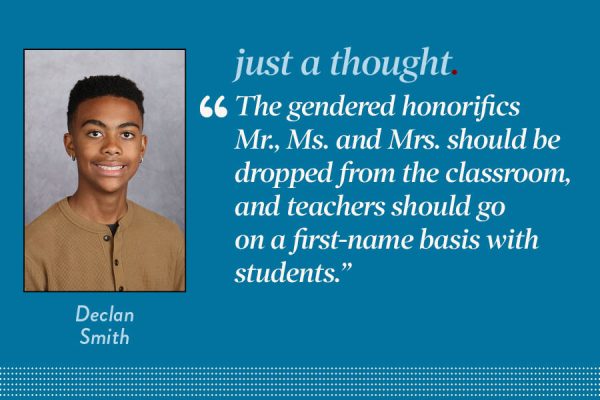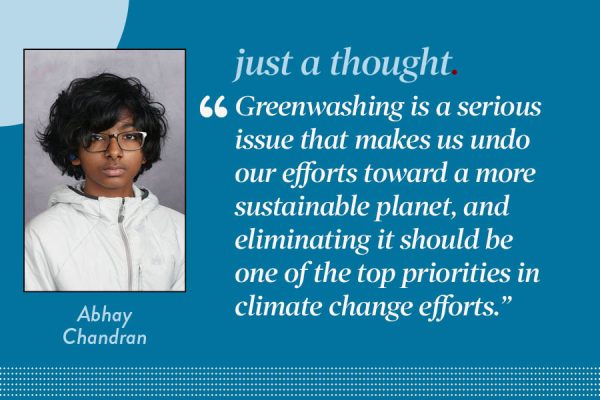Students, take the classes you want in high school
Students should strive to prioritize their interests and passions and take the classes they want instead of stalling or sacrificing them for college.
March 7, 2023
Recently, the Program of Studies has become much thicker: Where once there was just classes like Chemistry and Physics, there’s also now a plethora of much less traditional classes, like “Microbial Pathogenesis,” “From Cell to Organism,” and “Food Chemistry and Research Methods.” There’s a similar trend in the history and math departments as well, which recently added classes like “AT War and Violence” and “Data Science and Literacy.”
As more options become available to take nonstandard, unique classes, many students are still opting to take the more traditional variants out of fear that colleges or universities will value the atypical classes as worse.
Instead of prioritizing an unknown and possibly non existent benefit to college applications, students should instead prioritize learning things they value and interests them.
If forcing yourself to learn something you aren’t interested in will get you into a specific college, it’s an indicator that the college isn’t the right fit for you, and you’ll get a better and more enjoyable education at an institution that appreciates your curiosity and desire to branch out and learn new things. It’s been long demonstrated that exploring unique and numerous opportunities for your vocation is a significant factor in increasing job commitment and satisfaction.
Students shouldn’t put off taking classes they are interested in until college or later. Now is as good a time as any to begin, and putting it off may lead to it never happening, only learning for future success as opposed to self-improvement.
Students shouldn’t sacrifice learning something they’re interested in for a baseless assumption that colleges “like” certain classes more than others.



